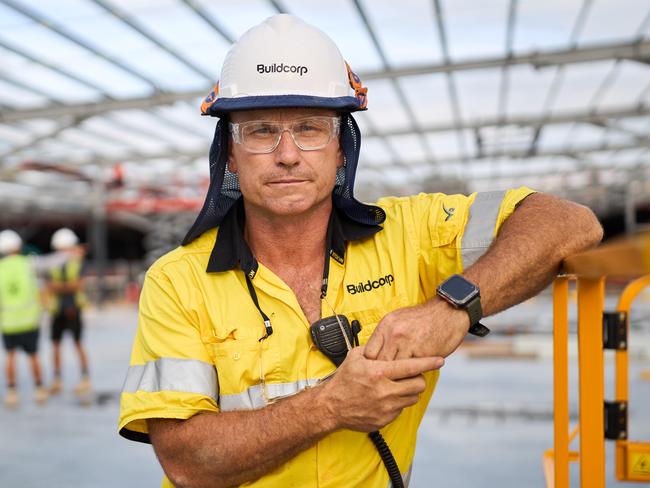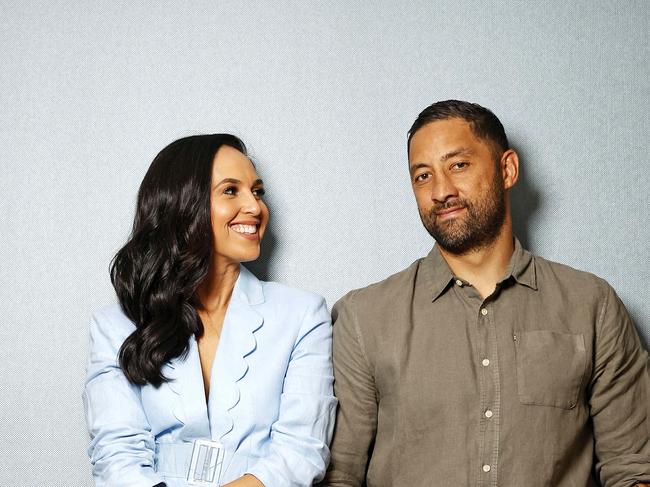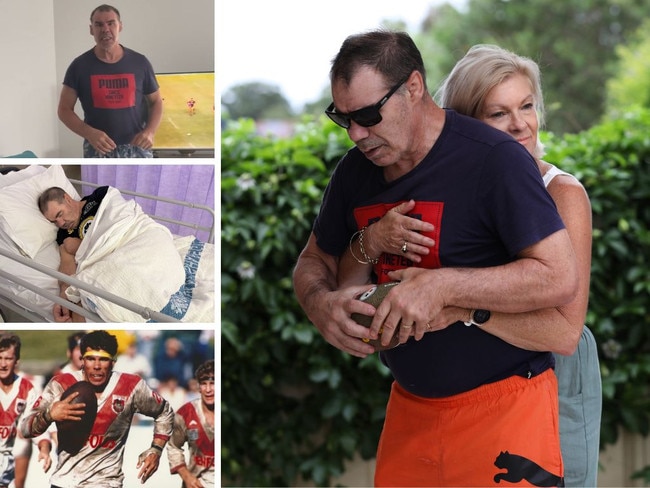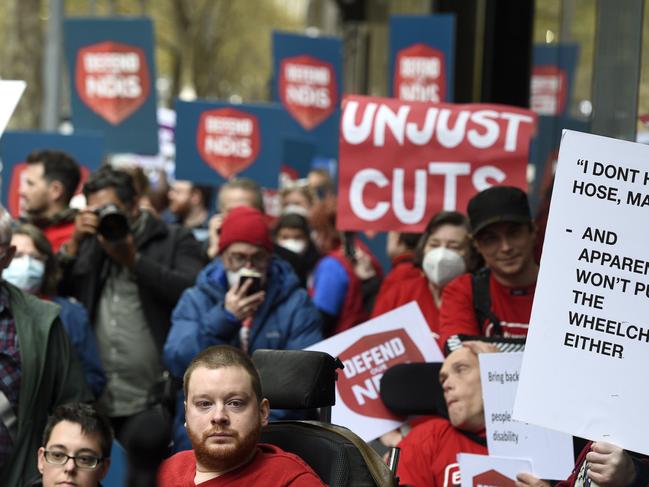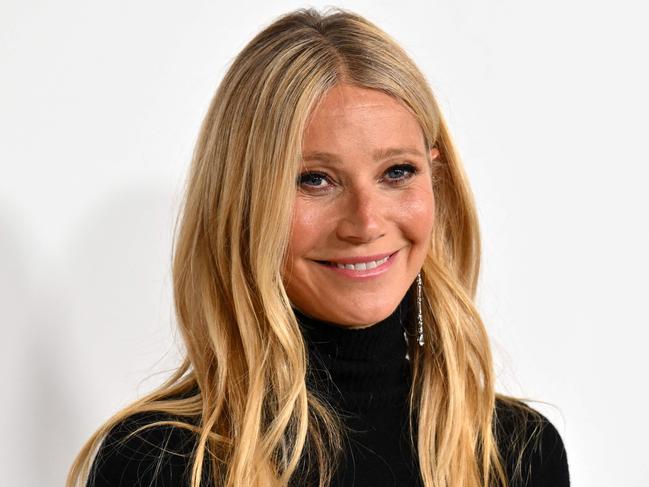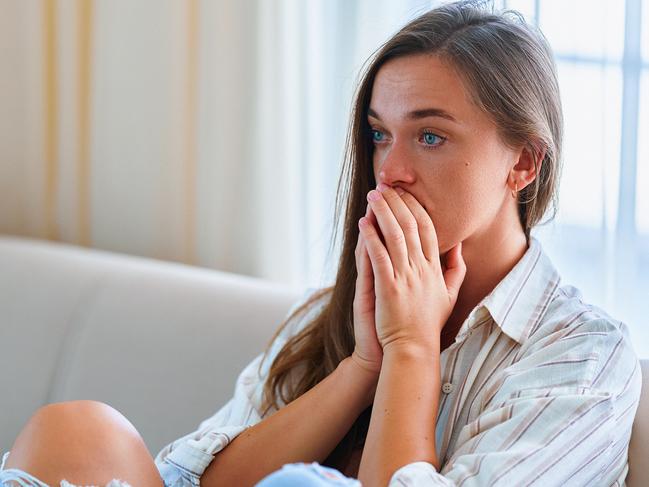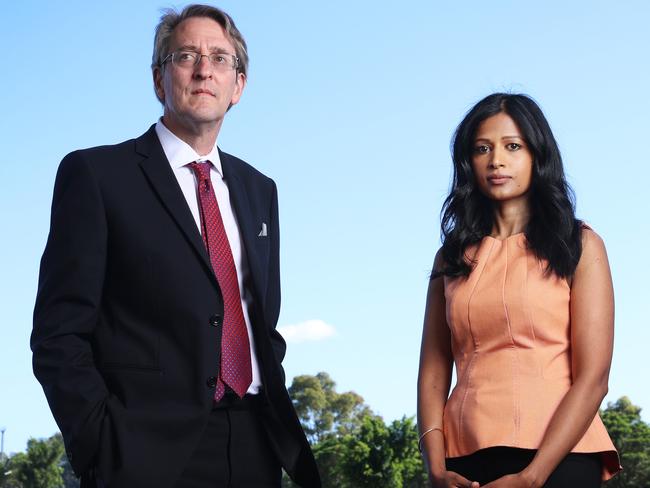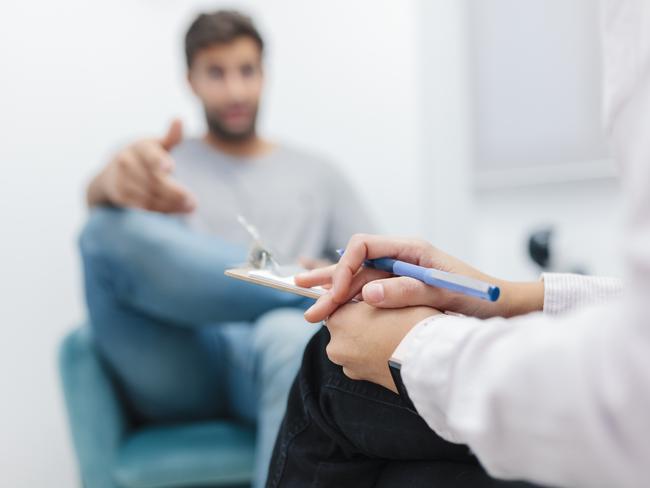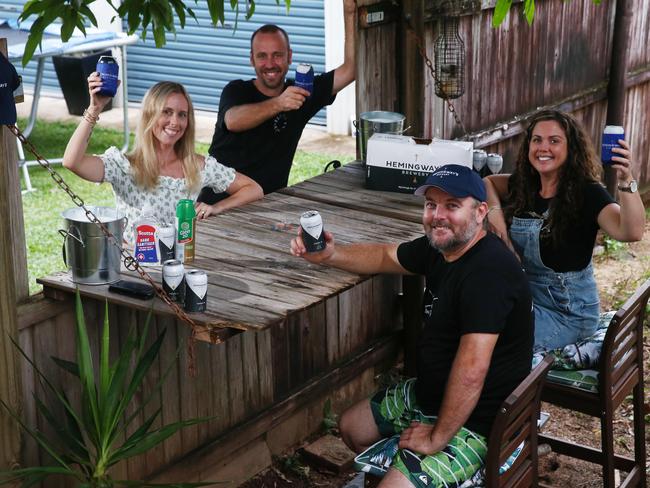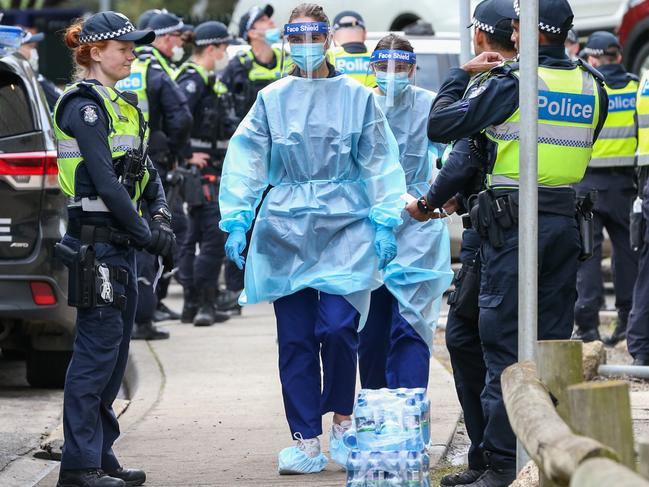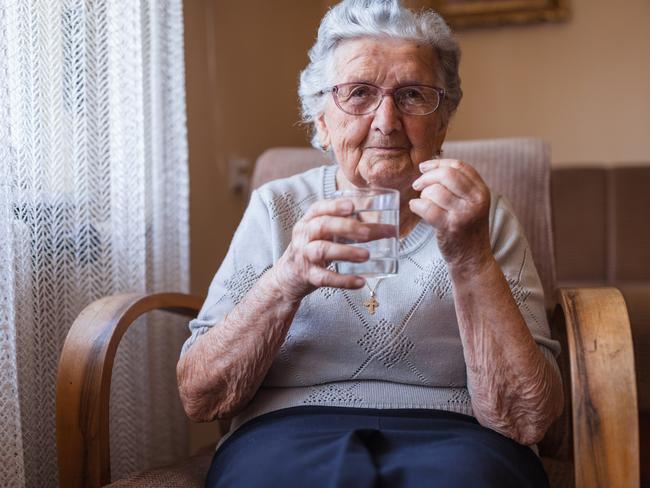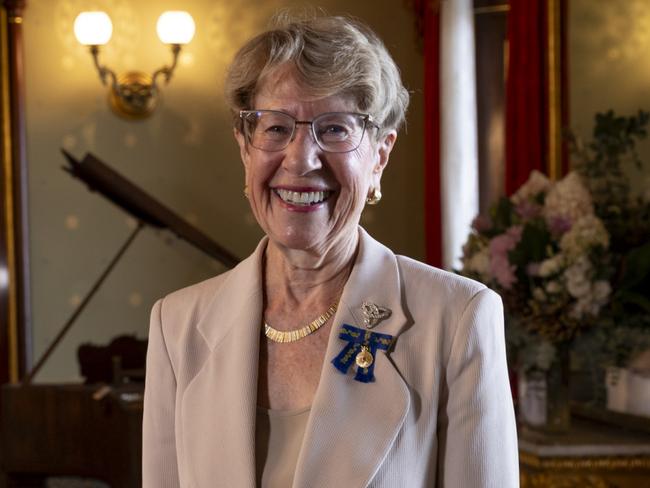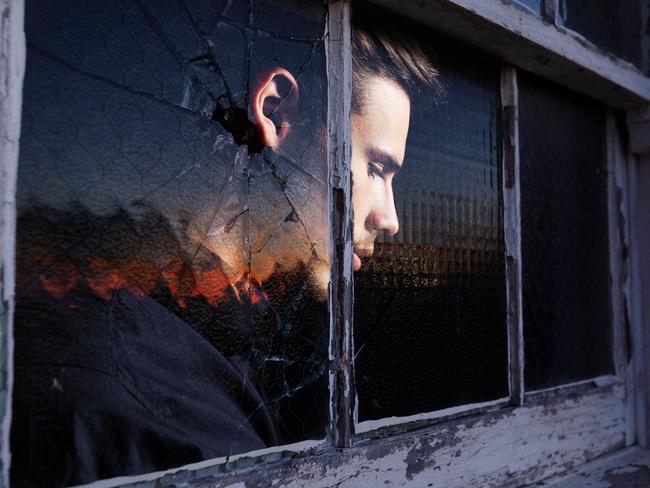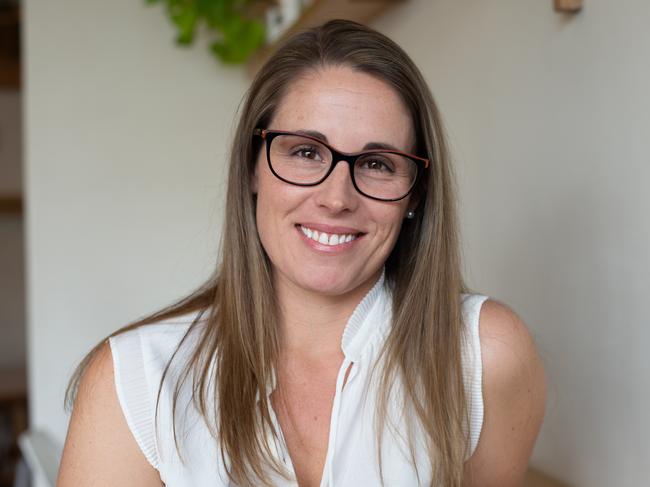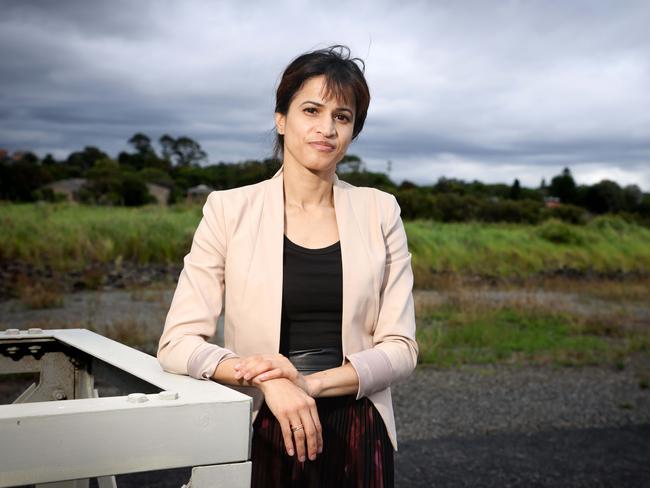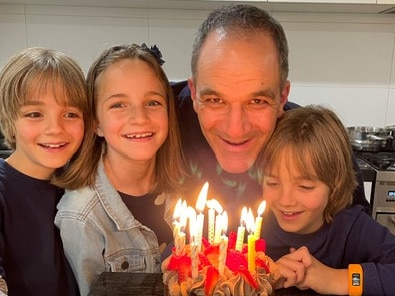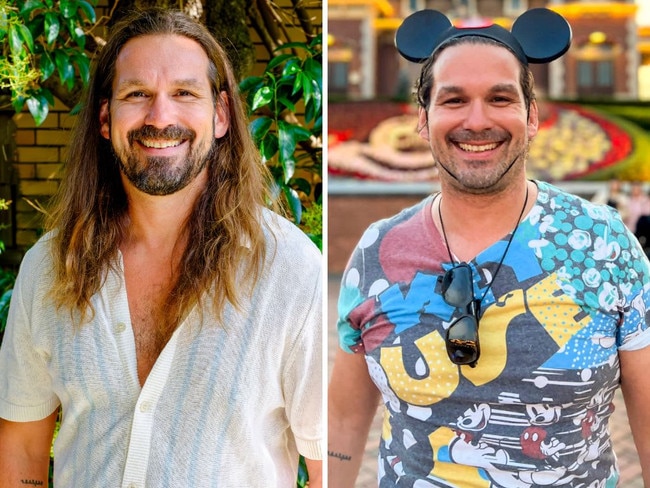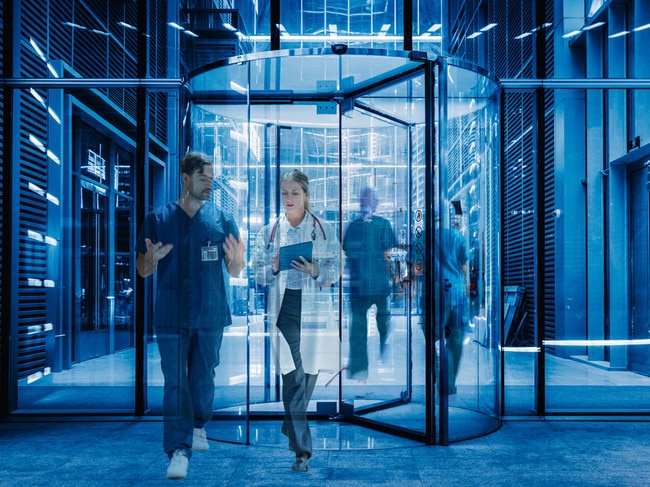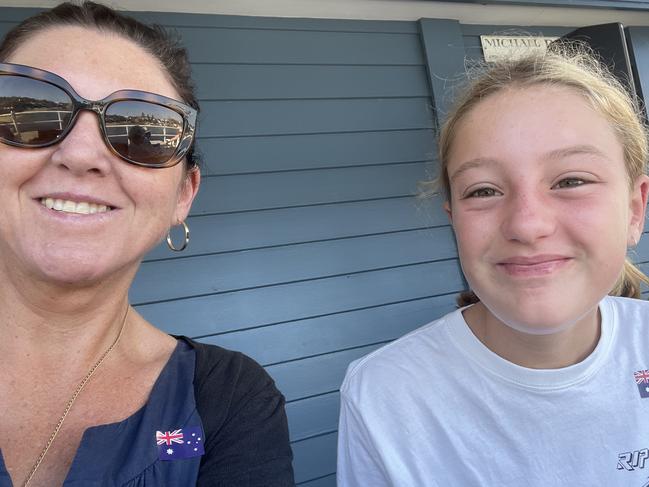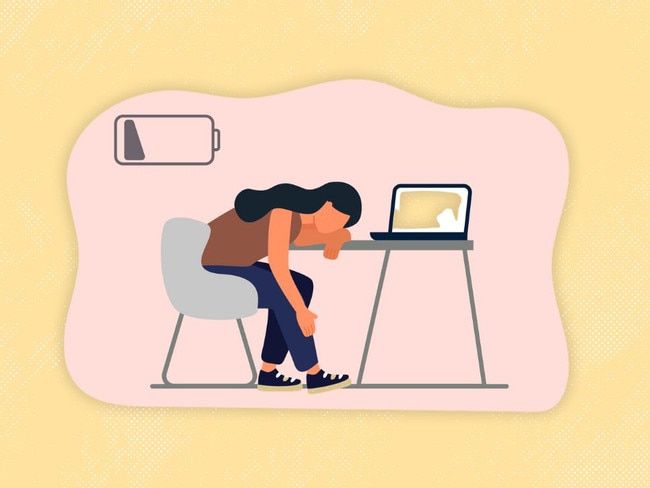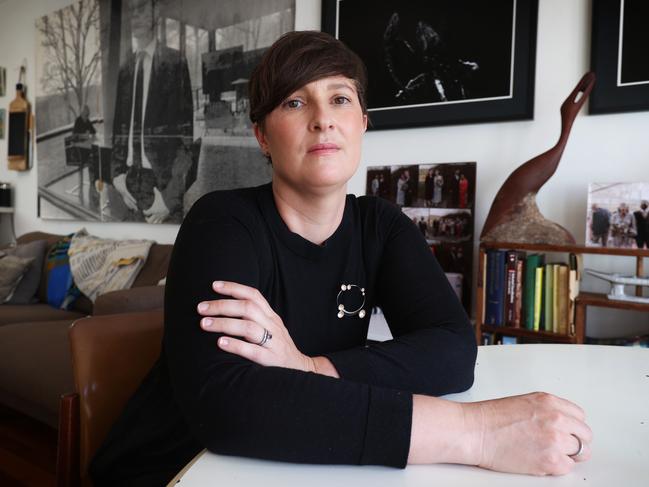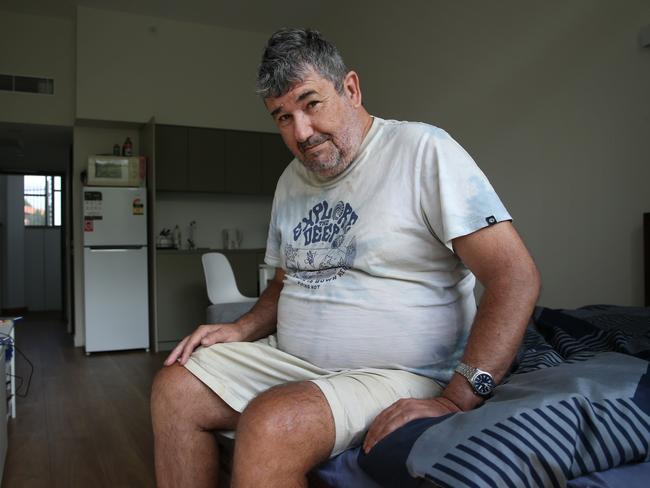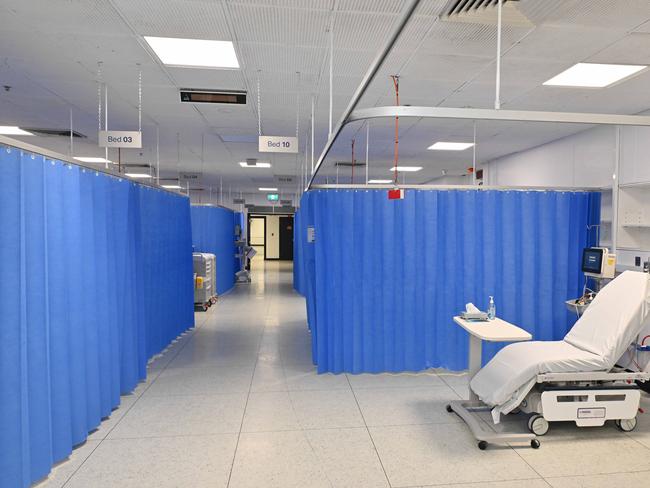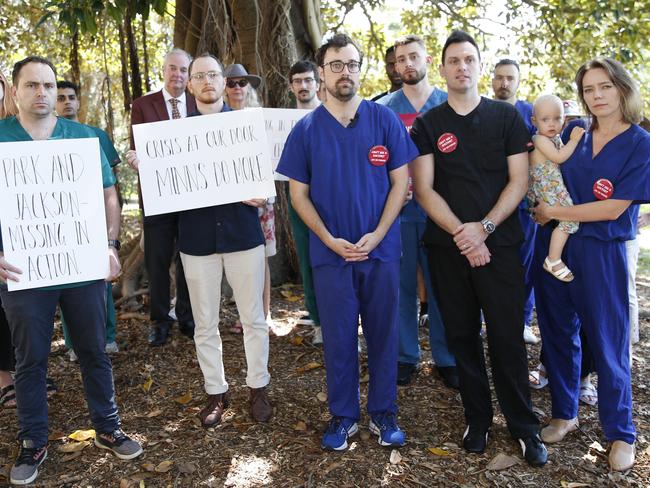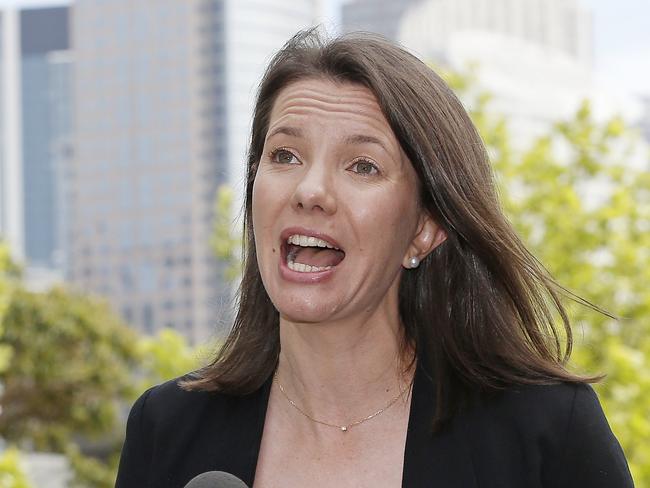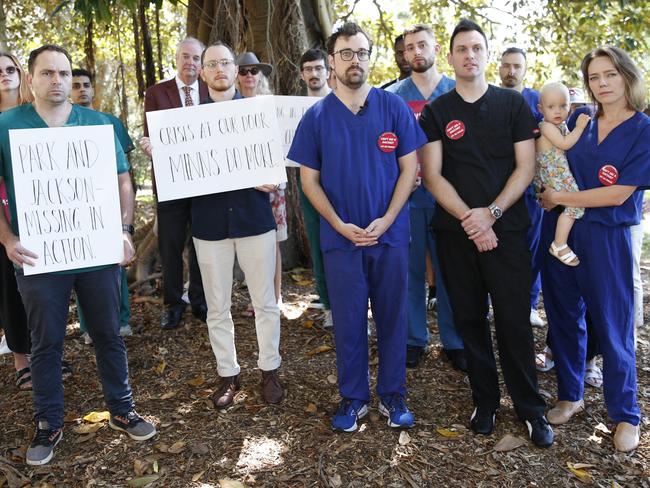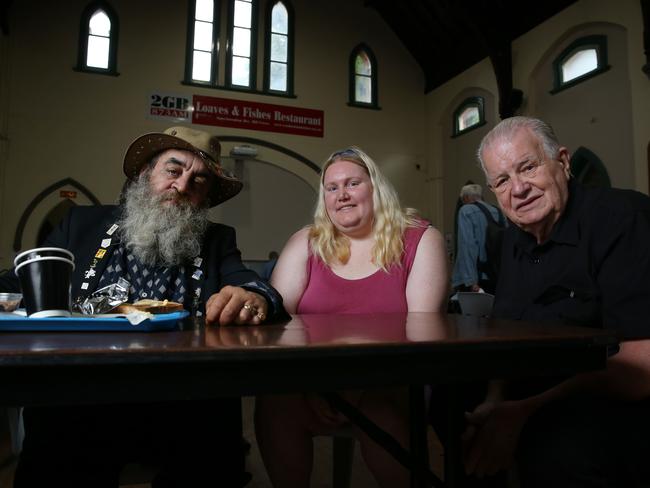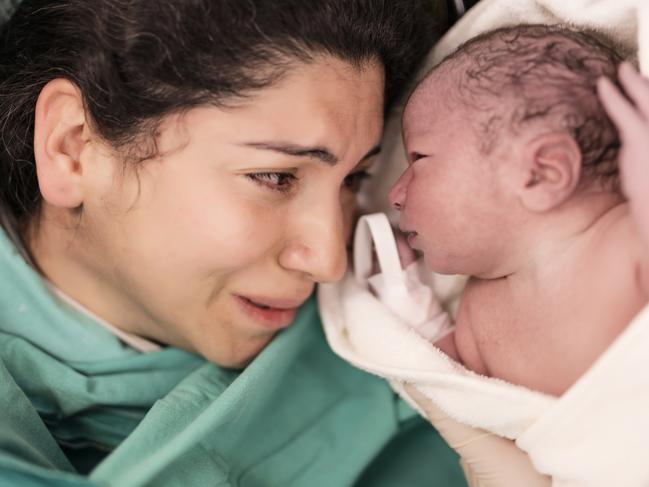EXCLUSIVEMental HealthThey’re vital to our nation building, but statistics show construction workers are at an elevated risk of mental harm. These people are trying to change that.
MAGAZINEThe Weekend Australian MagazineThe footballer’s wife turned spiritual guru, Zoe Marshall reveals the crippling details of her disorder, how she can now kiss her kids on the lips, her ‘love’ for a controversial herbalist, and why the Marshalls sleep in different rooms.
Ariela Bard
inside storyNRLSandra Crow is lifting the veil on what the ugly end of a football career looks like.
Sandra Odorisio
Trailing fees and exorbitant hourly costs must be excised from the NDIS to make more money available for those who need it, says a pioneer of the scheme.
JAMES FITZPATRICK
second actwellbeingAs she returns to acting, the queen of woo-woo, sexual health and mental healing has given a revealing interview. We have picked out the best bits.
HILARY ROSE
MENTAL HEALTHMental HealthAustralian researchers are trying to understand what genes could increase a person’s risk of developing an anxiety disorder and how they might respond to treatment.
healthMental HealthNSW public hospitals risk losing their accreditation to train junior psychiatrists as the speciality’s medical college performs emergency inspection visits amid a huge shortage of senior staff specialists.
Secret planHealthNSW public health districts were pursuing a secret policy of swingeing cutbacks to the state’s public psychiatry workforce even as a recruitment crisis was crippling critically underfunded services.
inquirerInquirerIn the pandemic’s early days, panicked shoppers cleaned out supermarket shelves – then Team Australia came to the rescue.
The idea that those who complied with the laws to protect our health during the pandemic lacked backbone is pretty insulting.
FIVE YEARS ONWe will have no excuse not to be prepared for the next global health emergency. And yet, five years after it was declared a pandemic, there is no surety that we have learned the lessons of Covid-19.
NEW RESEARCHMental HealthThose newly diagnosed with dementia suffered a faster decline in their brain function if they were taking a common antidepressant, a Swedish study suggests.
ELEANOR HAYWARD
EXCLUSIVEHealthNSW Governor Margaret Beazley was thrown when the results of a general health exam indicated she has a condition that can be a prelude to osteoporosis.
Outback Long RidewellbeingDriven by sorrow but also determination, Sarah Wheeler embarked on a charity horseback ride 290 days ago. On Saturday, she returns home.
EXCLUSIVEPoliticsThe NSW government’s stopgap strategy of relying on locums and visiting medical officers to care for the most severely mentally ill ‘will almost certainly do more harm than good’.
‘GOT MY LIFE BACK’HealthFor women who experience adverse effects of menopause, help can be hard to come by. Soon, experiences such as Reena Murray’s should be the norm, not the exception.
EXCLUSIVEHealthDr Nithya Reddy wanted to change the mental health system after enduring unimaginable trauma. Now senior doctors are warning the accreditation of future psychiatrists, like Dr Reddy, is at critical risk in NSW.
EXCLUSIVEHealthJuggling a corporate job, a personal life, and 13-year-old triplets is not for the faint of heart. But Dan Hunter would not have it any other way.
EXCLUSIVEHealthThe state of joyless stagnation, emptiness and low wellbeing is a condition Kurt Annis is familiar with. It prompted the then insurance broker to take action.
DoctorsHealthThe mass resignation of psychiatrists from the NSW public hospital system may be only the first tremor of a seismic shift in the way our public hospitals work in the future.
THE REAL MENOPAUSEHealthNot all women will experience adverse effects of perimenopause, but for those who do, they say it can be a confusing and isolating time.
CLINICAL BURNOUTFatigue and a constant sense of dread about the day ahead can be some of the symptoms of severe burnout. Here’s what to look for and how to address the problem.
DR MAGDALENA SIMONIS
InquirerHealthPublic sector psychiatrists who offer a critical service are quitting and it seems like you just don’t care. They should be able to work in safe conditions.
Felicity Graham
InquirerHealthIt’s been called the ‘impossible profession’. As an already critical workforce crisis vastly worsens, attention is turning to the overdue task of reform.
psychiatrist crisisHealthSydney hospital issues directive that bureaucrats undertake initial assessments of mental health patients rather than psychiatrists as resignations take effect.
CrisisHealthHospitals across NSW are now stripped of scores of psychiatrists as mass resignations take effect and the state government moves to active crisis footing on mental health.
Public health systems have become a heartless, bureaucratic, mechanistic force that damages doctors and patients in its wake, a tragic phenomenon writ large in the NSW psychiatry dispute.
exclusiveHealthPsychiatrists serve patients in public hospitals across the gamut of conditions from surgery to transplants to palliative care – all are about to be hit by the NSW mental health system crisis.
HOMELESS SPEAK UPNationThe nation’s most vulnerable mental health patients demand psychiatrists be looked after as a charity boss urges system change.
‘NATIONAL DISASTER’The closure of beds in perinatal mother and baby mental health units holds potentially catastrophic risks.
